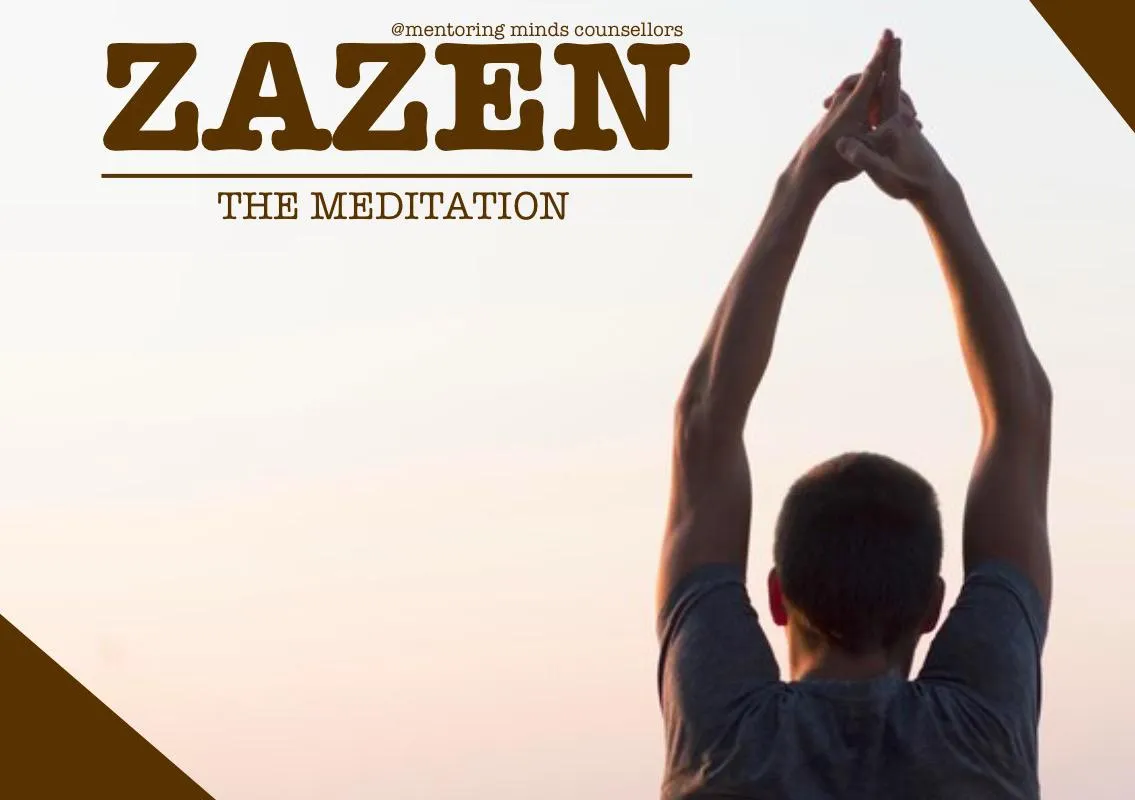Zazen is the core meditation practice of Zen Buddhism, where you sit in stillness usually cross-legged, with your spine upright, hands resting gently in your lap, and eyes half open. There are no chants, no elaborate visualizations, and no goal of “emptying the mind.” Instead, it’s about being fully present with whatever arises, moment by moment.
The word zazen literally means “seated meditation.” The practice asks us to simply sit, notice the breath, and observe thoughts without clinging to them or pushing them away. Sounds simple, but anyone who has tried knows how restless the mind can be. Yet, it’s in this practice of watching, returning, and allowing that the real benefits begin to unfold.
How Zazen Helps Mental Health
- Reduces Stress
Sitting quietly and focusing on the breath creates a natural calming effect on the nervous system. Over time, zazen helps train the mind to respond to stress with more spaciousness instead of panic. - Improves Emotional Regulation
In zazen, thoughts and emotions are seen like clouds passing through the sky. By observing them without judgment, we learn not to be swept away so easily. This can reduce reactivity and make it easier to handle strong emotions. - Builds Clarity
Bringing the attention back to the present moment, again and again, sharpens focus. People often report that daily zazen practice helps them think more clearly and stay grounded in daily life. - Fosters Self-Acceptance
Unlike some practices that aim to “fix” or “change” the mind, zazen is about accepting yourself exactly as you are, right now. That attitude of acceptance can be deeply healing, especially for people who struggle with self-criticism. - Encourages a Sense of Peace
Over time, the simple act of sitting still and breathing cultivates a quiet, steady peace. It doesn’t erase life’s problems, but it creates a stronger inner foundation to face them.
Getting Started with Zazen
We at Mentoring Minds Counsellors understand that if you’re curious, just find a quiet spot, sit comfortably with your spine straight, rest your hands in your lap, and breathe naturally. Keep your eyes soft and slightly open. Thoughts will come just notice them and gently return to your breath. Even 5–10 minutes a day can make a difference.
Zazen is not about becoming someone new it’s about being fully yourself, in this moment, with openness and awareness. For mental health, it offers not a quick fix but a steady, compassionate practice of coming home to the present.


Leave a Comment